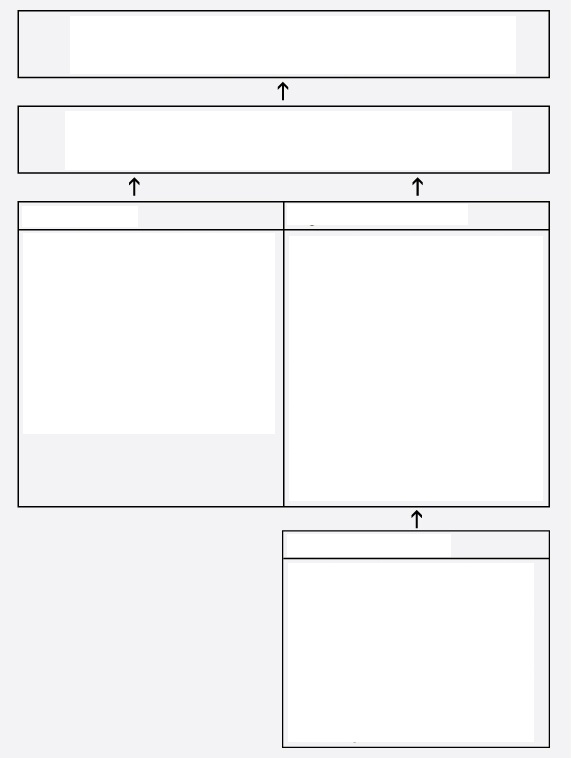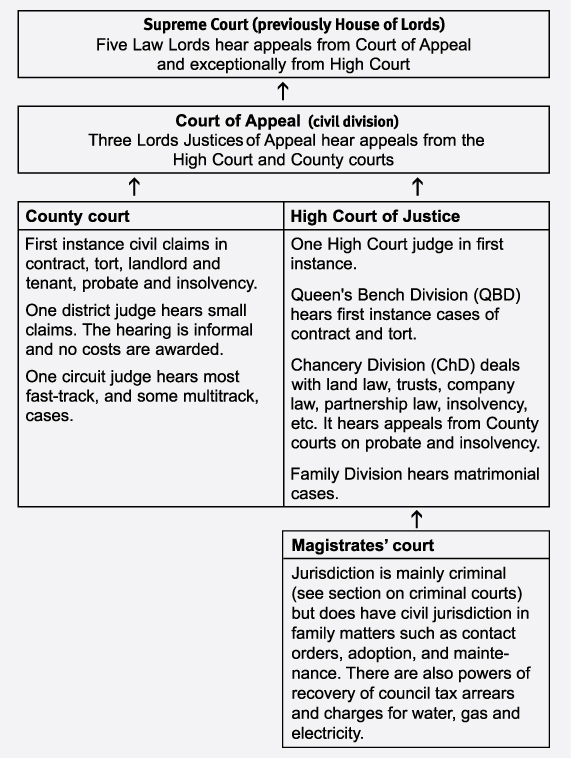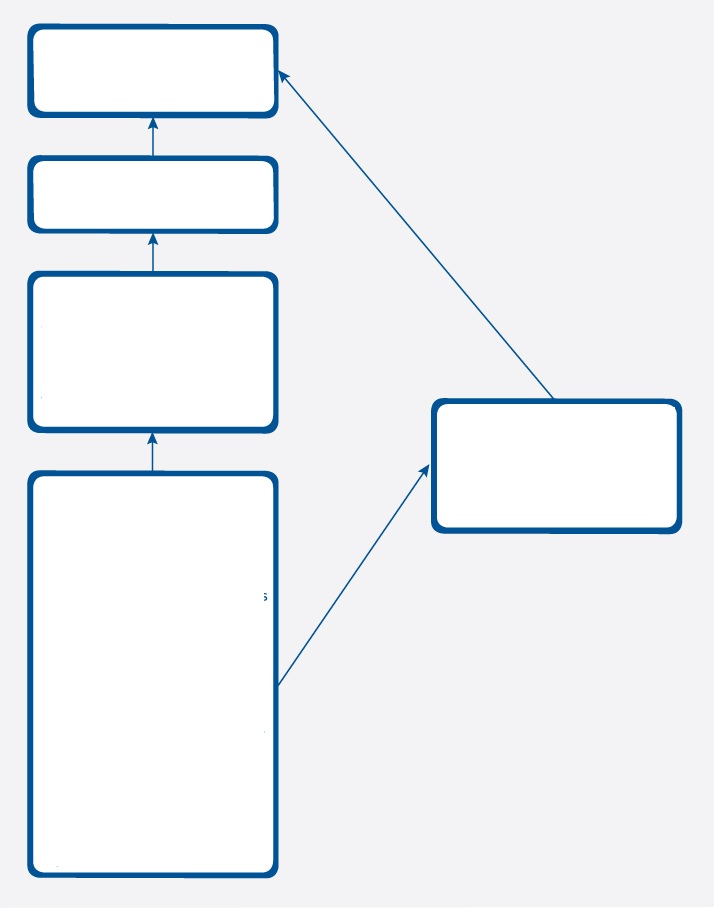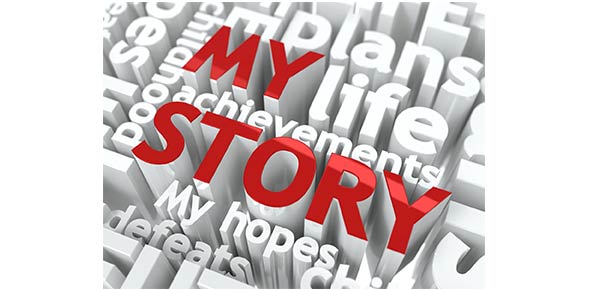Related Flashcards
Related Topics
Cards In This Set
| Front | Back |
|
1 Criminal law versus civil law
Criminal law
1) Description
2) Purpose
3) Case is brought by
4) Burden of proof
5) Object
6) If found guilty
|
1 Criminal law versus civil law
1) Relates to conduct of which the State disapproves and seeks to control.
2) The enforcement of particular forms of behaviour by the State, which acts to ensure compliance.
3) Case is brought by the State in the name of the Crown. Reported as Regina v ..., where Regina means the latin for 'queen'.
4) Guilt must be shown beyond reasonable doubt (high standard of proof).
5) To regulate society by the threat of punishment.
6) If found guilty the criminal court will sentence the accused and it may fine him or impose a period of imprisonment. If innocent the accused will be acquitted.
|
|
1 Criminal law versus civil law
Civil law
1) Description
2) Purpose
3) Case is brought by
4) Burden of proof
5) Object
6) If found guilty
|
1 Criminal law versus civil law
1) A form of private law and involves the relationships between individual citizens.
2) To settle disputes between individuals and to provide remedies.
3) Case is brought by the claimant, who is seeking a remedy. The case will be referred to by the names of the parties involved in the dispute, such as Brown v Smith.
4) Liability must be shown on the balance of probabilities (lower standard of proof).
5) Usually financial compensation to put the claimant in the position he would have been in had the wrong not occurred.
6) The civil court will order the defendant to pay damages or it may order some other remedy, e.g. specific performance or injunction.
|
 2 The court system (Civil) The main English civil courts |
 2 The court system (Civil) |
|
2 The court system (Civil)
1) What did the Supreme Court replace?
2) Why was it formed?
|
2 The court system (Civil)
1) The House of Lords on 1st October 2009. Assumed the judicial functions of the House of Lords. The Law Lords that used to sit in the House of Lords now sit as twelve Justices of the Supreme Court, with a President at its head.
2) It was established by the Constitutional Reform Act 2005. It was felt that there should be separation of powers between the judicial functions of the House of Lords (to decide issues in relation to the law) and the legislative functions of the House of Lords (to make the law) to give assurance of the independence of the judges.
|
|
2 The court system (Civil)
Civil Court: The three-track system
|
2 The court system (Civil)
1) The small claims track – simple claims valued < £5,000, an informal court.
2) The fast-track – deals with claims between £5,000 and £15,000, expected to last no more than one day
3) The multitrack – deals with claims of over £15,000 and/or complex claims
|
|
2 The court system (Civil)
European Court of Justice (ECJ)
|
2 The court system (Civil)
- ECJ deals with actions between the EU institutions and the member states.
- It is the ultimate authority on the interpretation of European law.
- ECJ is therefore superior to the House of Lords.
- Cases are referred to the ECJ by national courts.
- No appeal
|
|
2 The court system (Civil)
European Court of Human Rights (ECtHR)
|
2 The court system (Civil)
- The final court of appeal in relation to matters concerning HRA 1998.
- Proceedings in the English courts must have been exhausted before ECtHR will hear a case.
- No appeal
|
 2 The court system (Criminal) The main English criminal courts |
2 The court system (Criminal)
|
|
2 The court system (Civil)
1) What is a Tribunal?
2) How were tribunal formed in the past?
|
2 The court system (Civil)
1) Tribunals are an alternative to using the court system to settle a dispute.
2) Tribunals had been created on an ad hoc basis to perform various judicial functions, e.g. Employment Tribunals and Asylum and Immigration Tribunals. The tribunals' members were a mixture of judges, lawyers, experts and laypeople, and were regulated by various government departments and bodies. Though these tribunals were supervised by and had rights of appeal within the UK court system, a reform was recommended to create a unified and simplified structure which was better integrated into the courts system.
|
|
2 The court system (Civil)
The Tribunals, Courts and Enforcement Act 2007
1) What did it do?
2) Section 1
3) Section 3
|
2 The court system (Civil)
1) It made various reforms with regards to tribunals in particular the structure.
2) Recognises legally qualified members of tribunals as members of the judiciary of the United Kingdom who are guaranteed continued judicial independence.
3) Creates two new tribunals to which existing jurisdictions will be transferred, a First-tier Tribunal and an Upper Tribunal.
|
|
2 The court system (Civil)
What are the 6 chamber of first-tier tribunals?
|
2 The court system (Civil)
- General Regulatory Chamber
- Social Entitlement Chamber
- Health, Education and Social Care Chamber
- War Pensions and Armed Forces Compensation Chamber
- Tax Chamber
- The Immigration and Asylum Chamber
|
|
2 The court system (Civil)
What are the main functions of the upper tribunal?
|
2 The court system (Civil)
- take over hearing appeals to the courts, and similar bodies from the decisions of local tribunals
- decide certain cases that do not go through the First-tier Tribunal
- exercise powers of judicial review in certain circumstances
- deal with enforcement of decisions, directions and orders made by tribunals
|
|
2 The court system (Civil)
1) Why are employment tribunals established?
2) What are employment tribunals composed of?
3) Employment appeal tribunal (EAT)
|
2 The court system (Civil)
1) To hear disputes between an employee and their employer on certain statutory employment matters, such as unfair dismissal
2) They are composed of one employment judge, two expert laymen drawn from panels representing both sides of the industry.
3) Appeals can only be made on a point of law. The EAT is composed of one High Court judge, plus two or four expert laymen
|
|
2 The court system (Civil)
Court v Tribunal
- Expertise
- Speed
- Cost
- Proceedings
- Decisions
|
2 The court system (Civil)
Court
Tribunal
Expertise
Case may not be heard by a specialist in that particular area of law.
Case will be heard by someone who has expertise in that area.
Speed
A slower process.
A much quicker process.
Cost
Legal aid maybe available, but if not can be an expensive process.
Legal aid is not available (except for land tribunals and EAT's) but can be a much cheaper procedure.
Proceedings
Strict rules relating to evidence, pleading and procedure.
Much less formal and can be less intimidating.
Decisions
Are bound by the doctrine of judicial precedent, therefore make consistent decisions.
Not bound by the doctrine of judicial precedent, therefore risk of making inconsistent decisions.
|
|
3 Sources of law
Overview
|
3 Sources of law
|




